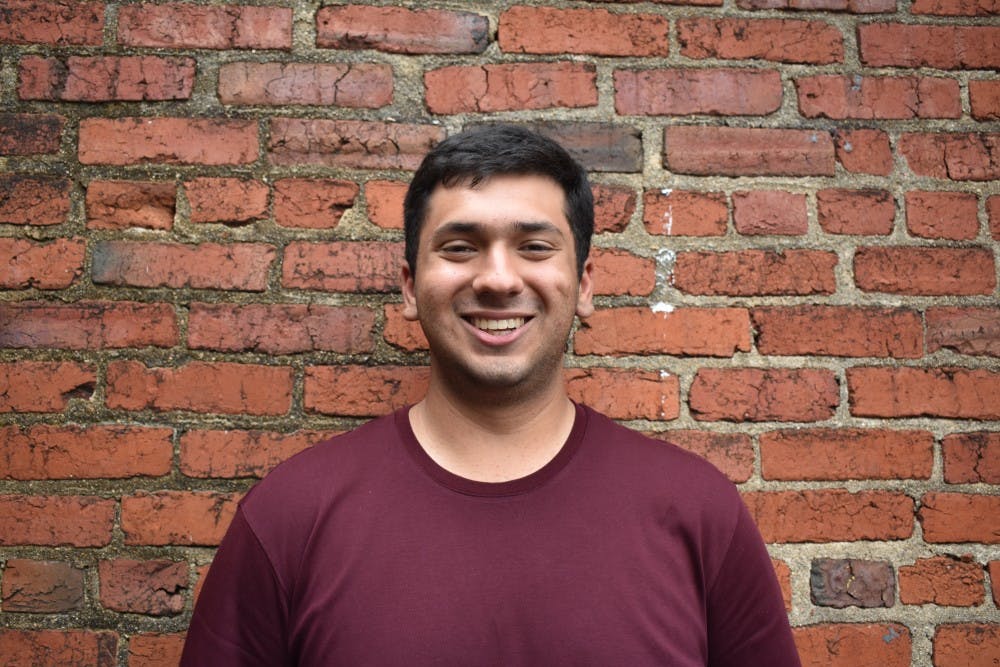On Aug. 24, one week after moving back to UNC for my sophomore year, a KKK rally took place in Hillsborough. These demonstrators stood outside of the Orange County Courthouse, some in white robes, bearing signs in support of the KKK and Confederate ideals.
As I read more about the rally, I looked at the photos from the event, one phrase on their signs stood out, “Yesterday, Today, Forever!” Images from history classes flashed in my mind, but this was no history lecture. It was 2019. History suddenly became so present.
This semester, I am taking two classes in the College of Arts and Sciences’ Reckoning: Race, Memory and Reimagining the Public University initiative. According to their website, the initiative seeks to “support student learning and discussions about heritage, race, post-conflict legacies, politics of remembrance and contemporary projects of reconciliation.”
Entering UNC as a first-year in the fall of 2018, I was quickly introduced to the complicated history of the University. Silent Sam came down on the night before my first day of classes. The ensuing rallies, protests and dialogues surrounding race and the history of UNC encouraged me to learn more about Chapel Hill and its past. The Reckoning initiative was a perfect place to start.
In my courses, we have covered material about the American South and the earliest years of the University. We have also learned about the different native populations that existed here and how UNC has benefitted from selling enslaved people and native land.
After only two weeks of classes this semester, I've already begun to learn how this University has landed in its current situation. I have been exposed to stories and truths I never knew that have helped me contextualize this place.
The Reckoning initiative is not only good for learning more history, but its true value also lies in how the courses help students of UNC understand the present. The racism and exclusion that has existed in Chapel Hill, Orange County and North Carolina is not something that existed only in the past.
It is present and still informs life here. The old, black and white photos of KKK rallies I see in my lectures are not ancient artifacts, but part of a larger story that continues today. The rally in Hillsborough is yet another example of this legacy.
Looking into the past and engaging with difficult conversations about this University is how UNC can heal and move forward. But first, the students, faculty, administration and other stakeholders of this institution need to know how we got here. Moreover, they need to actively want to improve this place.




